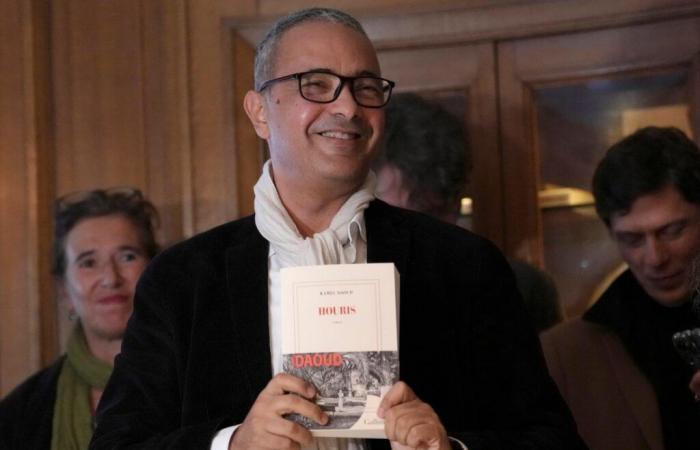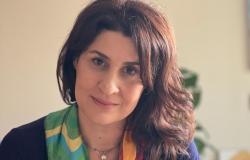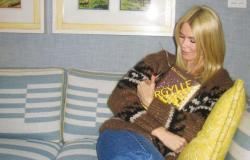
The Franco-Algerian writer Kamel Daoud defended himself, Tuesday, December 3, in a column in the weekly The Pointfor revealing and using the story of a victim of the bloody “black decade” in Algeria for his novel Houris (Gallimard, 416 pages, 23 euros), crowned with the 2024 Goncourt prize. “This unhappy young woman claims it’s her story. If I can understand his tragedy, my answer is clear: it is completely false”writes the writer, also a columnist for Point.
Read also | In Algeria, writer Kamel Daoud and his wife accused of “violation of privacy” by a victim of terrorism
Read later
“Apart from the apparent injury, there is no common point between the unbearable tragedy of this woman and the character Aube. The injury is not unique. Unfortunately, it is shared by many other victims. It is visible. It is that of hundreds of people”he continues, accusing the complainant of being “manipulated to achieve a goal: kill a writer [et] defame his family ».
Kamel Daoud and his psychiatrist wife are accused of having used without his consent the story of Saâda Arbane, survivor of a massacre during the civil war in Algeria in the 1990s, for the writing of Houris. Two complaints were filed against them, one of which was accepted by a court. According to the plaintiff’s lawyer, Kamel Daoud and his wife must be summoned to Oran and tried in absentia if they do not appear.
“No medical confidentiality”
The writer had so far not responded to these accusations, but his publisher Gallimard had denounced the “violent defamatory campaigns orchestrated [contre l’écrivain] by certain media close to a regime whose nature no one is ignorant of”.
Read also | In Algeria, writer Kamel Daoud and his wife face complaints for violation of medical confidentiality
Read later
« Houris is fiction, not biography. It is the tragic story of a people. (…) Houris does not reveal any medical secrets. The cannula [pour respirer et parler]the scar and the tattoos are not medical secrets, and this woman’s life is not a secret, as her own testimonies prove. You just have to read this novel to see that there is no connection, other than the tragedy of a country”insists Kamel Douad, while defending his wife, whose “name has been sullied by defamation and lies”.





